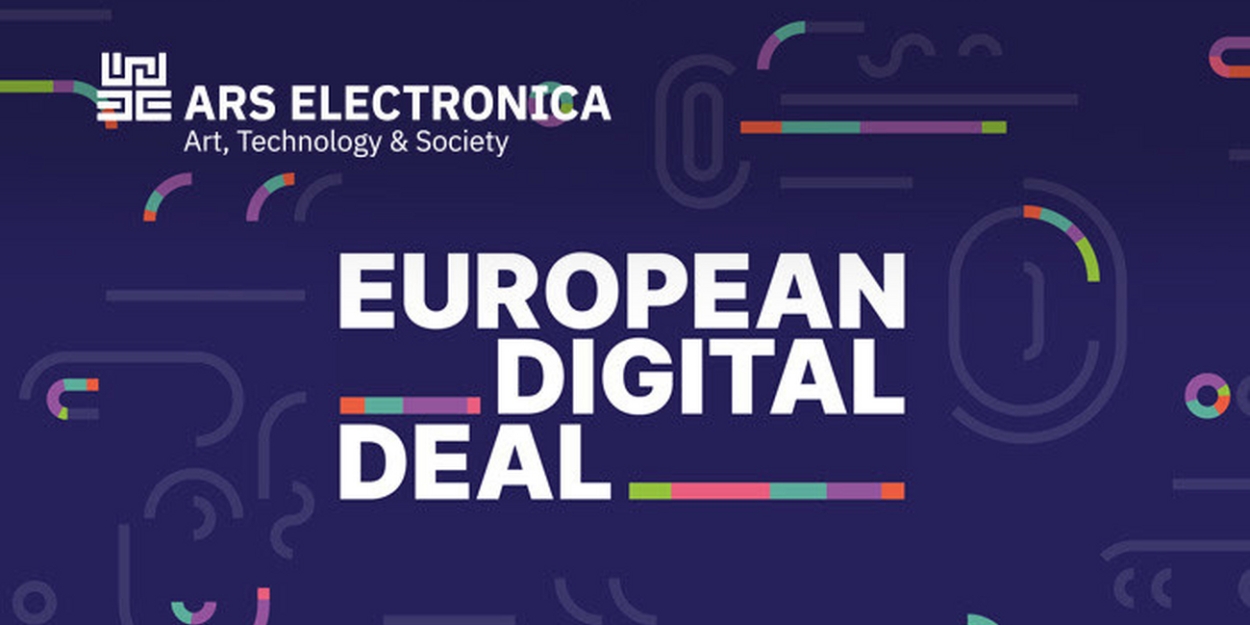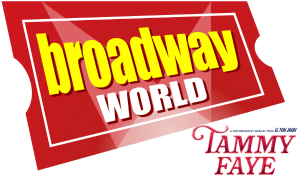European Digital Deal Open Call Launched
Learn more about the project here!

European Digital Deal – a project co-funded by Creative Europe – has just launched an open call for twelve artist residencies exploring the deep entanglement between new technologies and democracy.
Applicants are called on to investigate a wide range of topics, from the notion of truth in an information age shaped by algorithms, biases in AI, techno-anxiety, the digital divides arising as a result of digitalisation and ways to counteract them to new forms of surveillance, intelligence, living, citizenship or work. A detailed description of the challenges defined for each residency can be found here. The selected artists will receive a 25.000 EUR grant to complete their project, access to mentoring through an incubation programme, and the chance to show their work at Ars Electronica Festival, Onassis Cultural Center in Greece, and Laboral among many other locations. The call was launched on the 28th of September 2023, and remains open until the 30th of November 2023, 23:59 CET.
European Digital Deal: Technology Development for Social Benefit
European Digital Deal is a three-year investigation into how the accelerated, but at times unconsidered, adoption of new technologies can alter or undermine democratic processes. For three years (January 2023 – December 2025), thirteen cultural organisations in Europe will form a new kind of public forum that critically reflects on the implications of new technologies on the social fabric and draft an action plan for how future technological innovation can benefit the many.
The project unpacks the changes driven by the now-ubiquitous artificial intelligence, machine learning, blockchain, and algorithmic processing in the media and public administration. It opens the discussion about their long-term effects and the need to imagine more ethical, fair, and sustainable innovation practices. In the ungoverned and seemingly ungovernable digital space, European Digital Deal wants to set the stage for a digital deal to be reached. Cultural institutions, artists, researchers, and educators will gather to reflect on what a digital deal aligned with European democratic values might mean and their role in shaping it.
9-month residencies for artists
The twelve 9-month artist residencies hosted by eleven different partners across Europe will be at the heart of the project. Alongside the residencies, the European Digital Deal will organise numerous educational events for young people, conferences, and exhibitions. These activities will try to answer questions about the effects of new technologies on the ways we live and organise our societies. The residencies tackle the challenges of our times and invite artists to question and critically examine current practices through works that envision alternatives and shifts in the current paradigm. The challenges were defined by the cultural organisations in the project consortium, which will also host the artists-in-residence. Though inspired by local issues, the challenges transcend national borders.
For the project, each host institution gathered a group of experts with a double role: to guide them in designing relevant programmes as part of the project and support the artists-in-residence in their research and project development. Over 50 experts from various backgrounds will be involved in the project, including Kasia Chmielinski – co-founder of the Data Nutrition Project; Marta Peirano – writer and journalist at El Pais; Ilaria Bonacossa – Director National Museum of Digital Art; Simon Colton – Professor of Computational Creativity, AI and Games at Queen Mary University of London, alongside many others. The complete list of experts is available here.
20 of them have met at this year’s Ars Electronica Festival for the Digital Deal Summit – a series of workshops on mis/disinformation, digital rights and climate justice, digital inclusion and web accessibility, and open government data and citizen participation. During the three-day summit, the experts formulated research questions that can help artists develop their responses to the call. The summit conclusions were presented in a closing event available here. In addition to the 25.000 EUR grant and the support of a selected group of experts, the artists will also benefit from a capacity-building programme looking into the inner mechanisms and logic of new technologies and innovation processes. The kick-off of the incubation programme will be marked by a joint trip from Budapest to Linz in the spring of 2024.
European Network
The European Digital Deal is run by a consortium coordinated by Ars Electronica (AT) and including the Center for the Promotion of Science (RS), Culture Yard (DK), Gluon (BE), Teatro Circo de Braga (PT), iMAL (BE), Kersnikova (SI), LABoral (ES), Onassis Culture (GR), Pro Progressione (HU), Sineglossa (IT), Waag Futurelab and Zaragoza City of Knowledge Foundation (ES).
This project has been co-funded by the European Union’s Creative Europe programme under grant agreement No 101100036. Views and opinions expressed in this document are those of the author(s) only and do not necessarily reflect those of the European Union or the European Education and Culture Executive Agency (EACEA). Neither the European Union nor the European Education and Culture Executive Agency (EACEA) can be held responsible for them.
This project was also co-funded by the Austrian Federal Ministry for Arts, Culture, the Civil Service and Sport.
Comments
Videos
